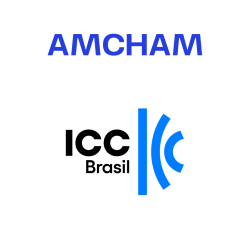Magnesian Biochar: Sustainable Agriculture for the Future
ABOUT IT
The Magnesian Biochar development project transforms industrial waste into a valuable resource for agriculture. Using the pyrolysis of sludge waste from the steel industry, the project improves soil structure and increases cation exchange capacity, creating an ideal environment for beneficial microorganisms. In addition, the resulting fertilizer is rich in magnesium, essential for photosynthesis, and has high fire resistance, making it ideal for areas susceptible to forest fires.
Local development is encouraged, providing work and income for the communities involved and promoting sustainable socio-economic development. For farmers, the durability of biochar in the soil results in a significant reduction in agricultural input costs, generating savings and efficiency. Located in Belo Horizonte, Minas Gerais, and operating in the state's largest Innovation Technology Park, BH-TEC, the project has the potential to have a positive impact not only locally, but also on national and international markets.
The duration of the project is 36 months.
Results and Objectives
- The project seeks not only to address sustainability issues in agriculture, but also to promote innovation and efficiency in food production systems.
- The project aims to develop a magnesium biochar that can increase agricultural productivity, especially in the English potato crop.
SDGs
External Certification
International Commitments
National Commitments
More info



